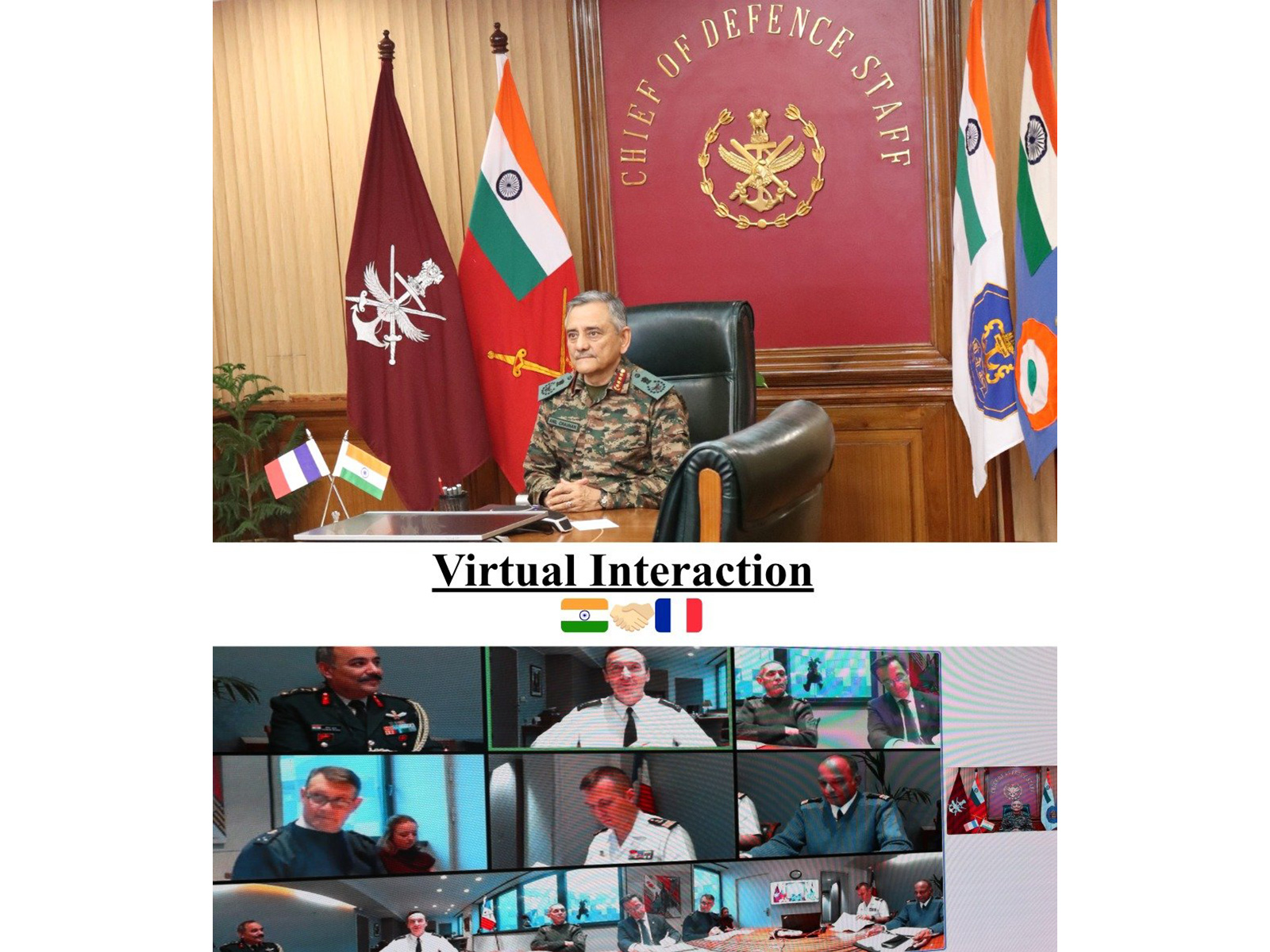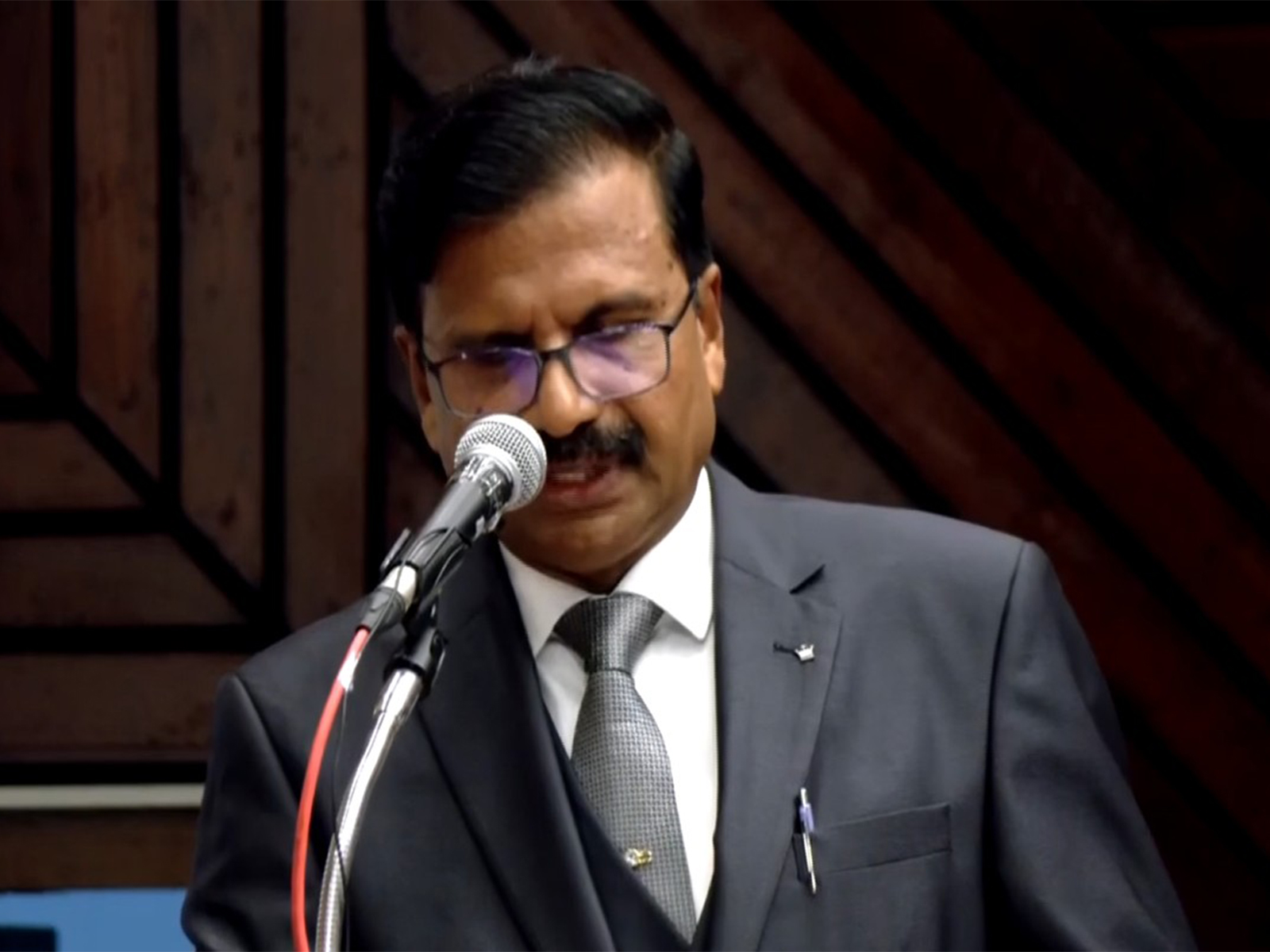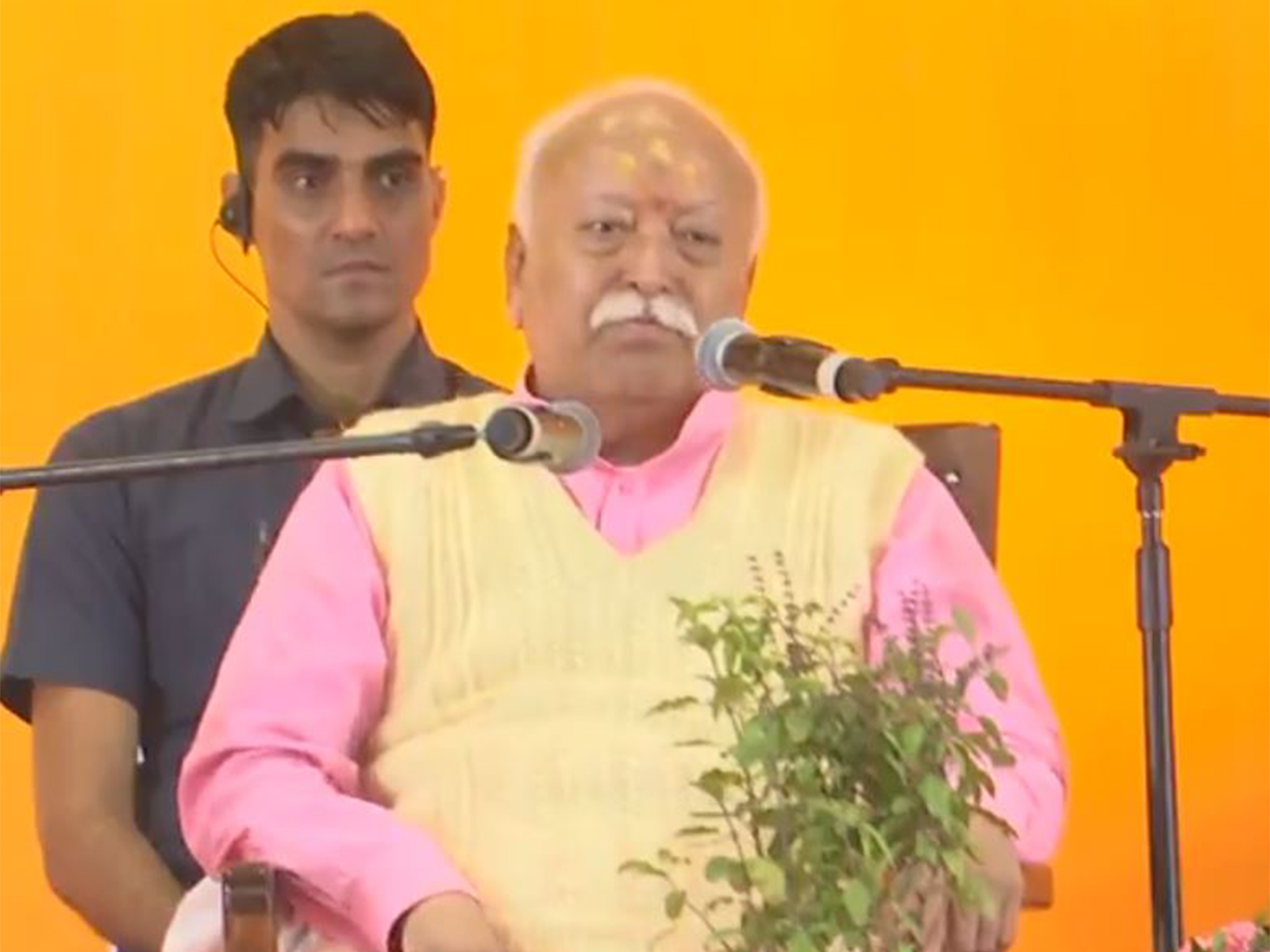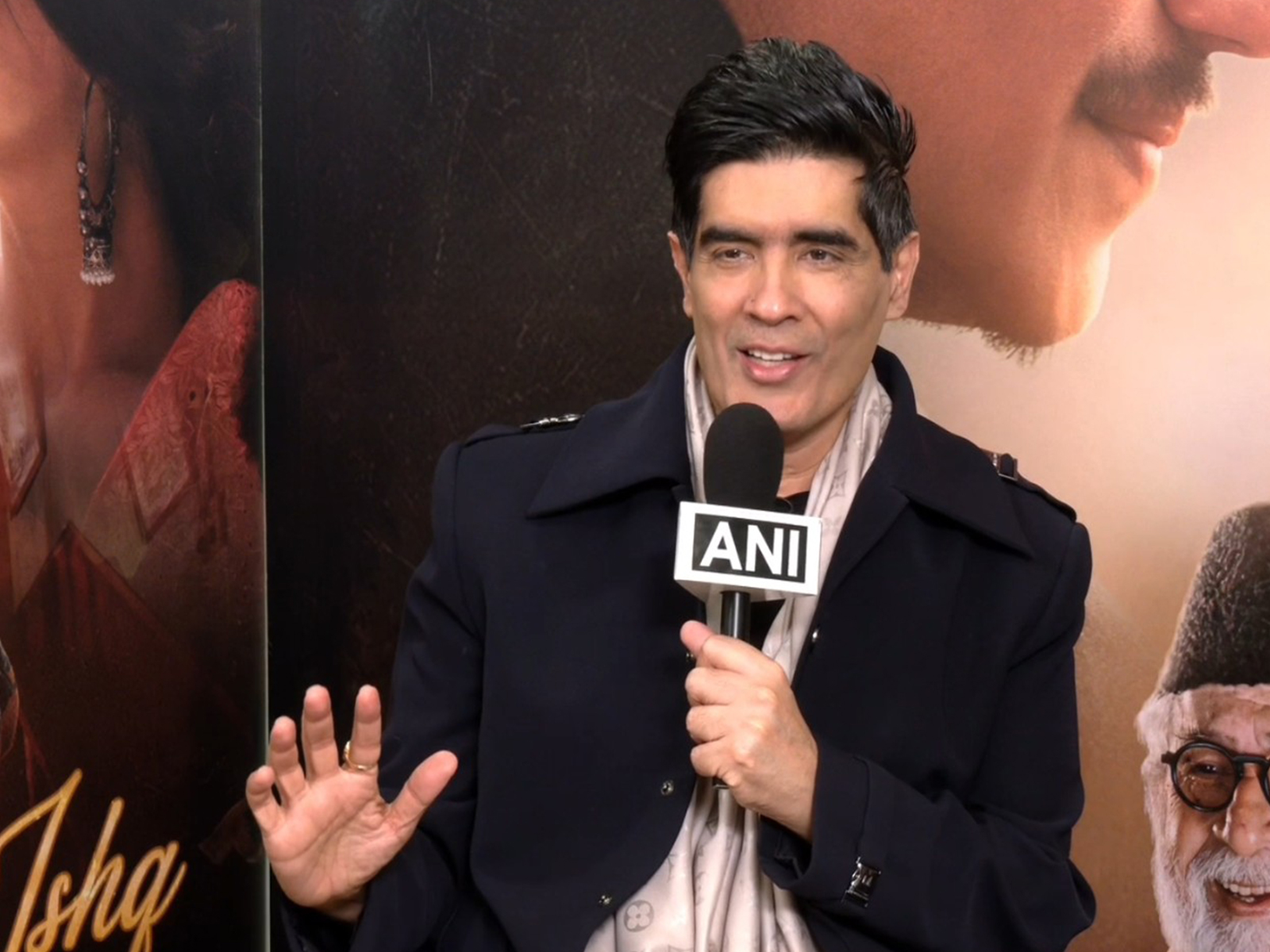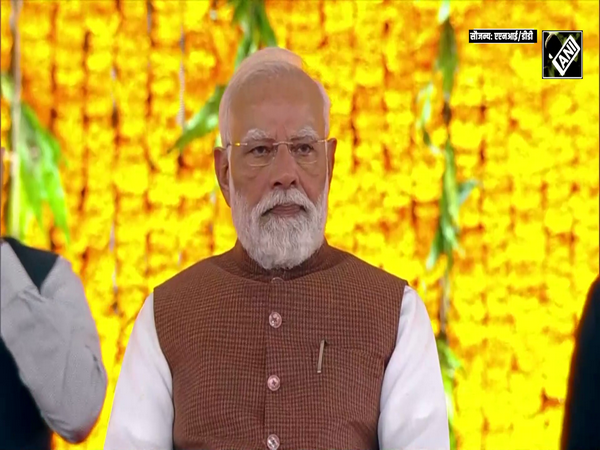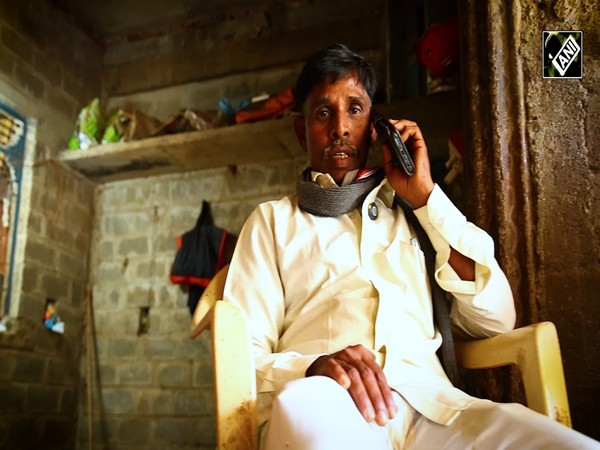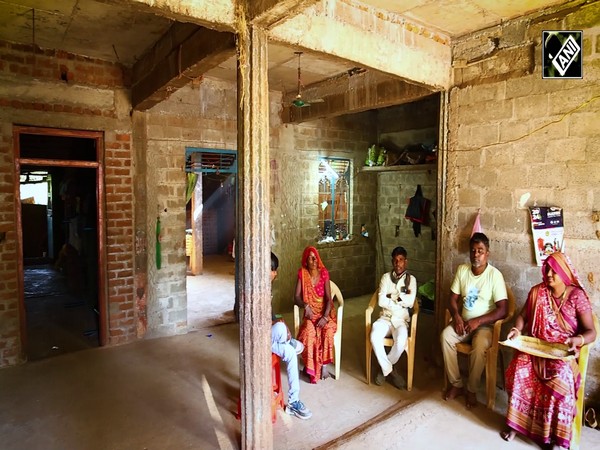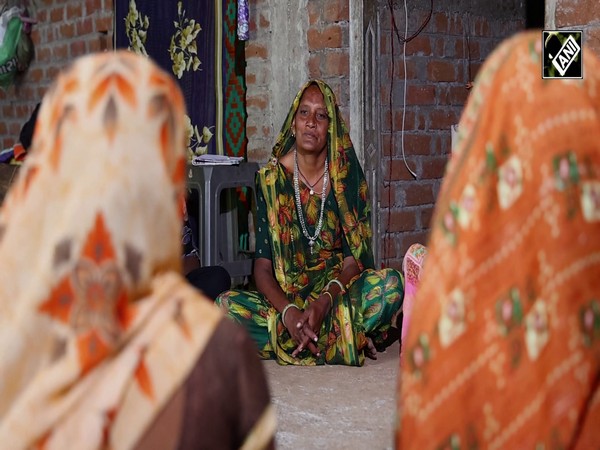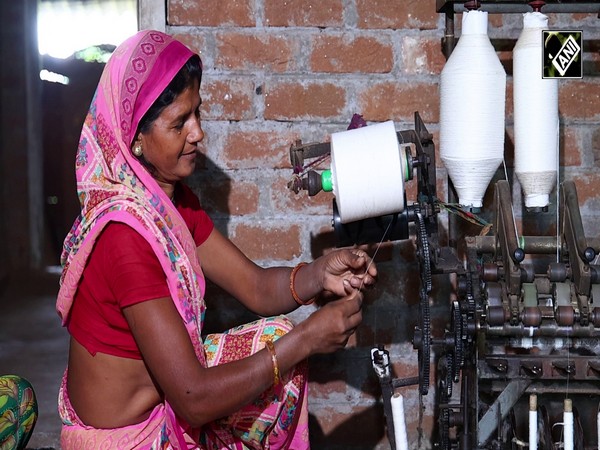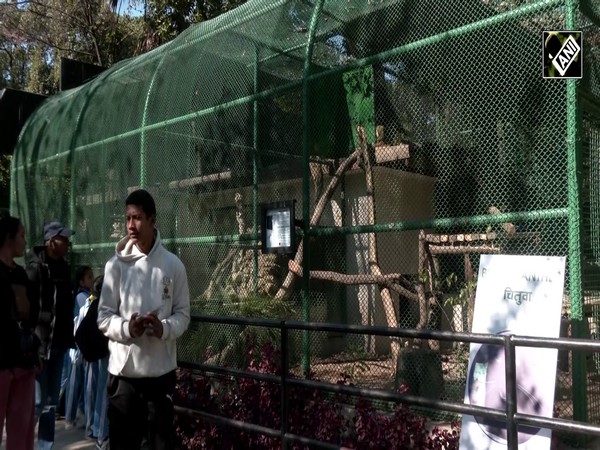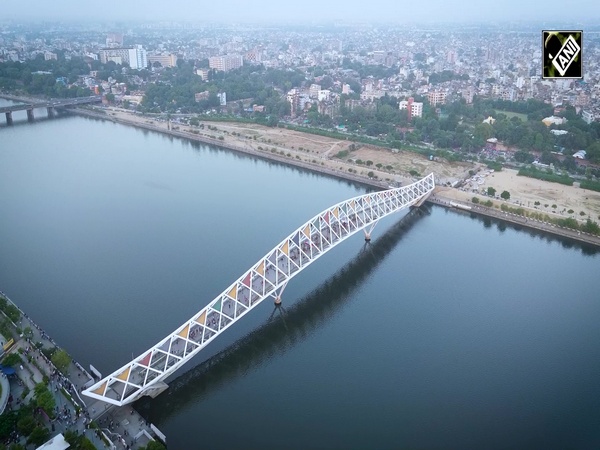'China fails to win hearts and minds of Tibetan people': Former envoy
Jul 17, 2024

New Delhi [India], July 17 : China has not been able to assimilate or absorb Tibet and it has not been able to win the hearts and minds of the Tibetan people, former Indian ambassador Dilip Sinha said during the launch of his book titled 'Imperial Games in Tibet: The Struggle for Statehood and Sovereignty'.
The book 'Imperial Games in Tibet: The Struggle for Statehood and Sovereignty' authored by Sinha was unveiled at the India International Centre in the national capital on Tuesday.
Sinha, in his book titled 'Imperial Games in Tibet: The Struggle for Statehood and Sovereignty', highlighted how Tibet became the playground for global geopolitical ambitions and what the future may hold for this region fighting for statehood.
Dilip Sinha, the author of the book, stressed that China is doing what they do best, which is to try and control them by force. 
"China has not been able to assimilate or absorb Tibet and the Tibetan people; it has not been able to win the hearts and minds of the Tibetan people. So China is doing what it does best, which is to try and control them by force, and that is not acceptable to the Tibetan people, which is why we have a movement. But the very fact that China has to impose all kinds of restrictions shows that there is a lot of resentment against Chinese rule," Sinha told ANI.
The book is a deep dive into Tibet's past and future, based on several documented events, international records, archives, and documents.
It provides the reader with an analysis of how Tibet became the playground for global geopolitical ambitions and what the future may hold for this region fighting for statehood.
The event also featured a brief panel discussion between Dilip Sinha, India's former Foreign Secretary, Shivshankar Menon, and Claude Arpi, a renowned author and Tibetologist.
The discussion covered various topics from the book, including the brief history of Tibet, its complex geopolitical entanglements, the rise of Tibetan Buddhism, and its annexation by China in 1950.
Shivshankar Menon, calling the book 'an honest account' of Tibet's history, said, "The strength of the book is that it is an honest account of what happened--the Great Power Rivalry, how it affected Tibet and how it affected us (India). And it is not only about the great powers, as the Tibetans also had a say, they had agency in their future.'
He further said that it is a straightforward account based on the accounts of what happened in the region.
"It is not partisan historiography; it is a straightforward account based on the accounts of what had happened. It shows you how these things work and how they have worked in the past and it triggers fresh thinking about how you approach the question (Tibet)," Menon said.
While speaking to ANI, Claude Arpi shed light on China's tactics for Tibet's cultural assimilation.
Referring to China's intervention in the Dalai Lama's reincarnation, Arpi said, "It is very strange, as they are a communist nation and what do they know about the reincarnation! And China as a state should not intervene in such matters. Moreover, it's a private decision of His Holiness Dalai Lama to reincarnate or emanate, whatever he decides," Arpi said.
Praising India as it has never intervened in the matter, he said, "And in this matter, India is much wiser, as Delhi has always said that it will not intervene, and if the 15th Dalai Lama comes to India, he will be welcomed, just like the 14th Dalai Lama had been welcomed."
During the discussion, when Claude Arpi was asked about how Tibet has its own identity, the Tibetologist said that Tibet was indeed independent as it had its own currency, passport, flag and representatives.
"Tibet had its currency, its passport, its representatives, and their flag. So Tibet was indeed independent. But I see something else also in the tragedy of the Tibetan people, His Holiness, but it is also a tragedy for the Indian border," he said.

